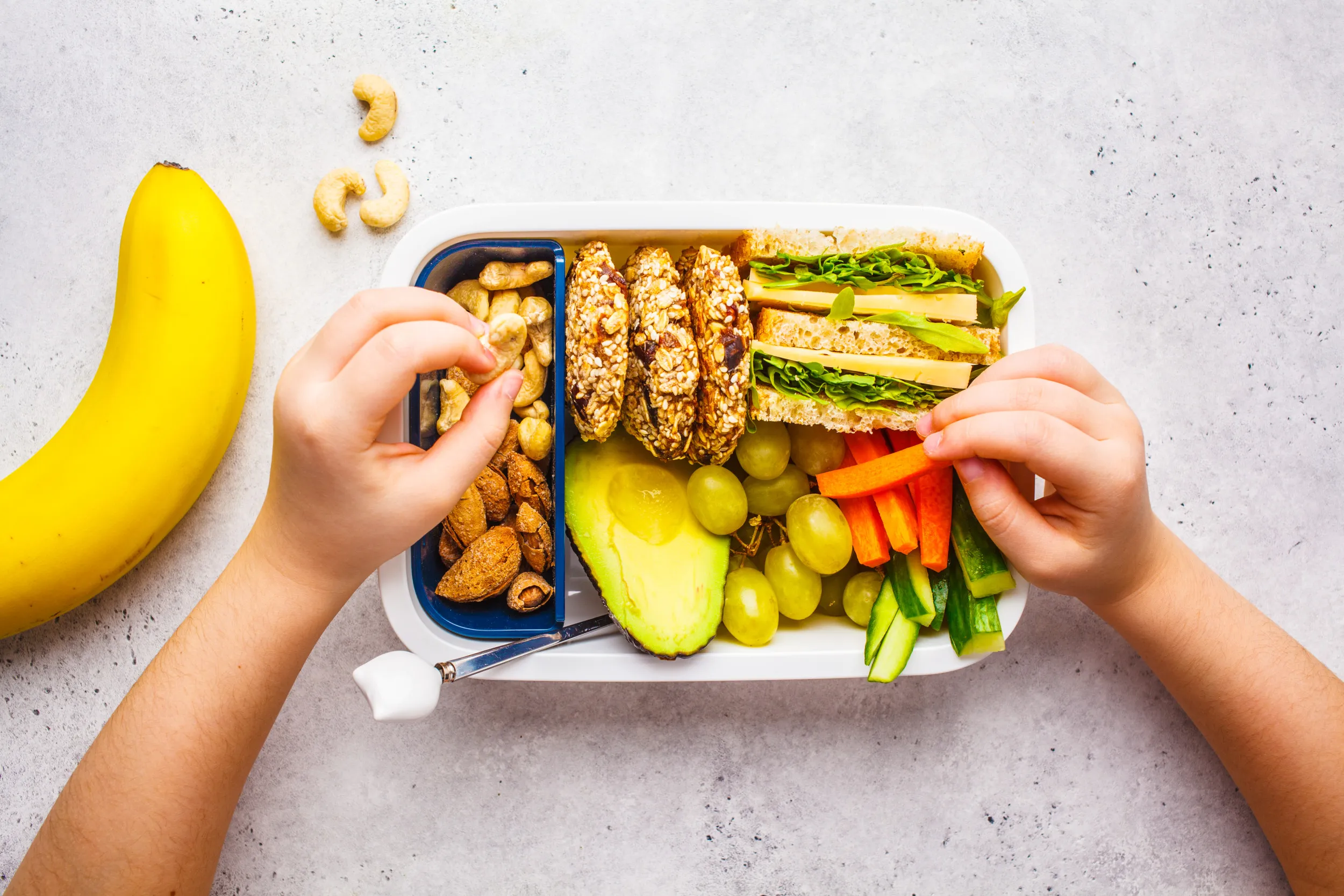Foods That May Increase Kids' Risk of Type 1 Diabetes Revealed

Research on Diabetes and Diet in Children
New findings reveal that diets rich in oats, rye, and certain fruits may heighten the risk of type 1 diabetes among children. The study, presented at the European Association for the Study of Diabetes (EASD) conference in Spain, underscores the importance of children's health in relation to diet.
Impact of Food Choices
- Berries, unlike other fruits, are linked to a lower risk of diabetes in children.
- Type 1 diabetes is an autoimmune condition that primarily affects children and young adults.
- Understanding dietary impacts aids in disease prevention.
Parents should be advised to monitor their child’s diet, focusing on healthy options such as fruits and vegetables, while being cautious of the foods associated with increased diabetes risks.
Safeguarding Children's Health
To help safeguard against type 1 diabetes, incorporating healthy foods into children's meals is essential. Consultation with healthcare providers regarding nutrition can further assist families in making informed dietary choices.
Disclaimer: The information provided on this site is for informational purposes only and is not intended as medical advice. We are not responsible for any actions taken based on the content of this site. Always consult a qualified healthcare provider for medical advice, diagnosis, and treatment. We source our news from reputable sources and provide links to the original articles. We do not endorse or assume responsibility for the accuracy of the information contained in external sources.
This article was prepared using information from open sources in accordance with the principles of Ethical Policy. The editorial team is not responsible for absolute accuracy, as it relies on data from the sources referenced.